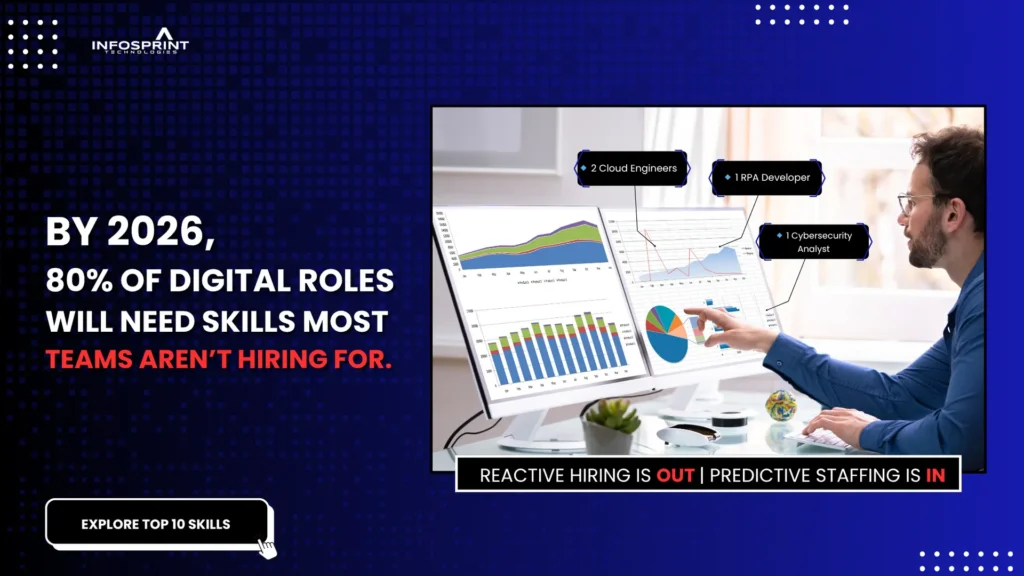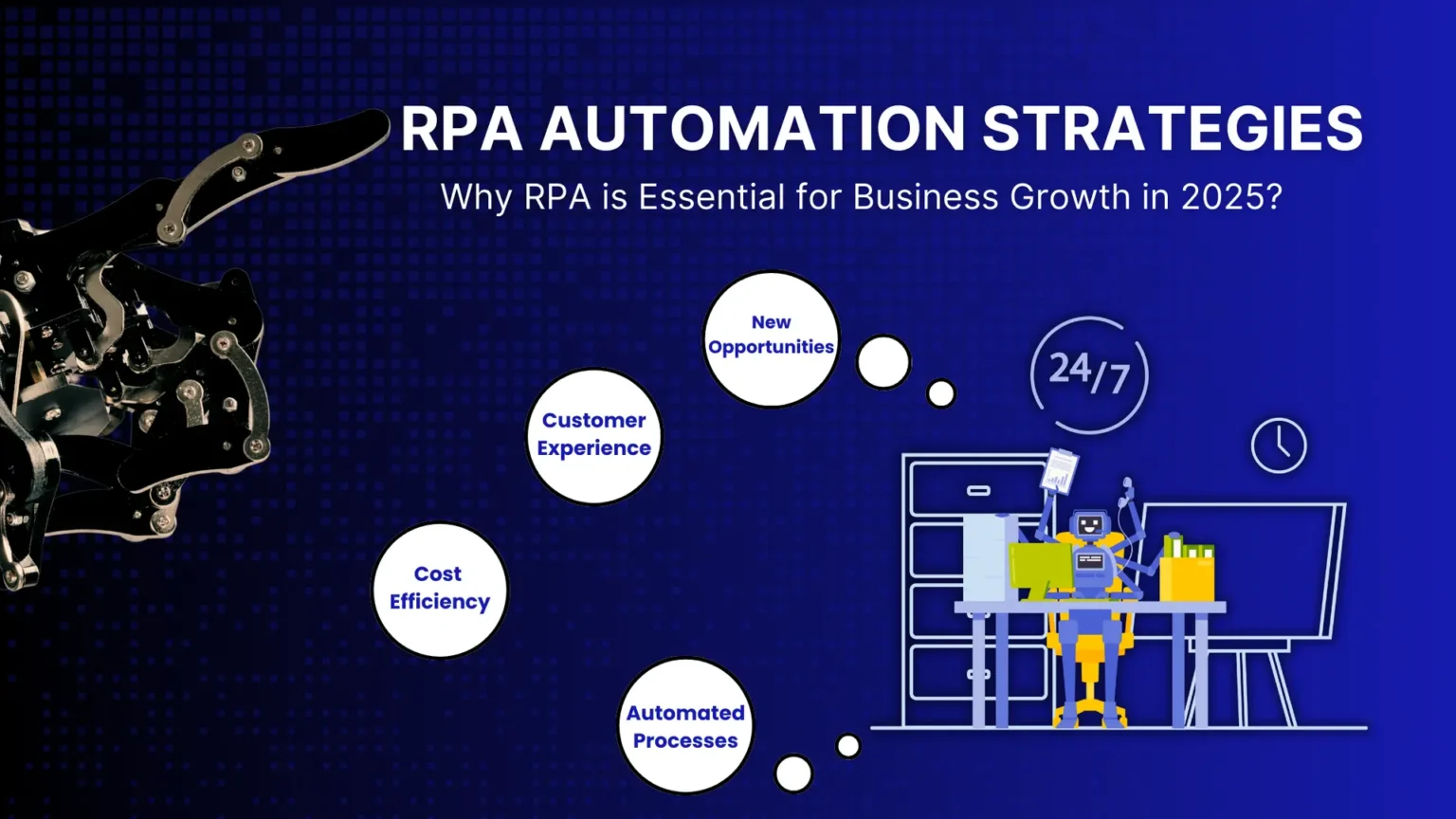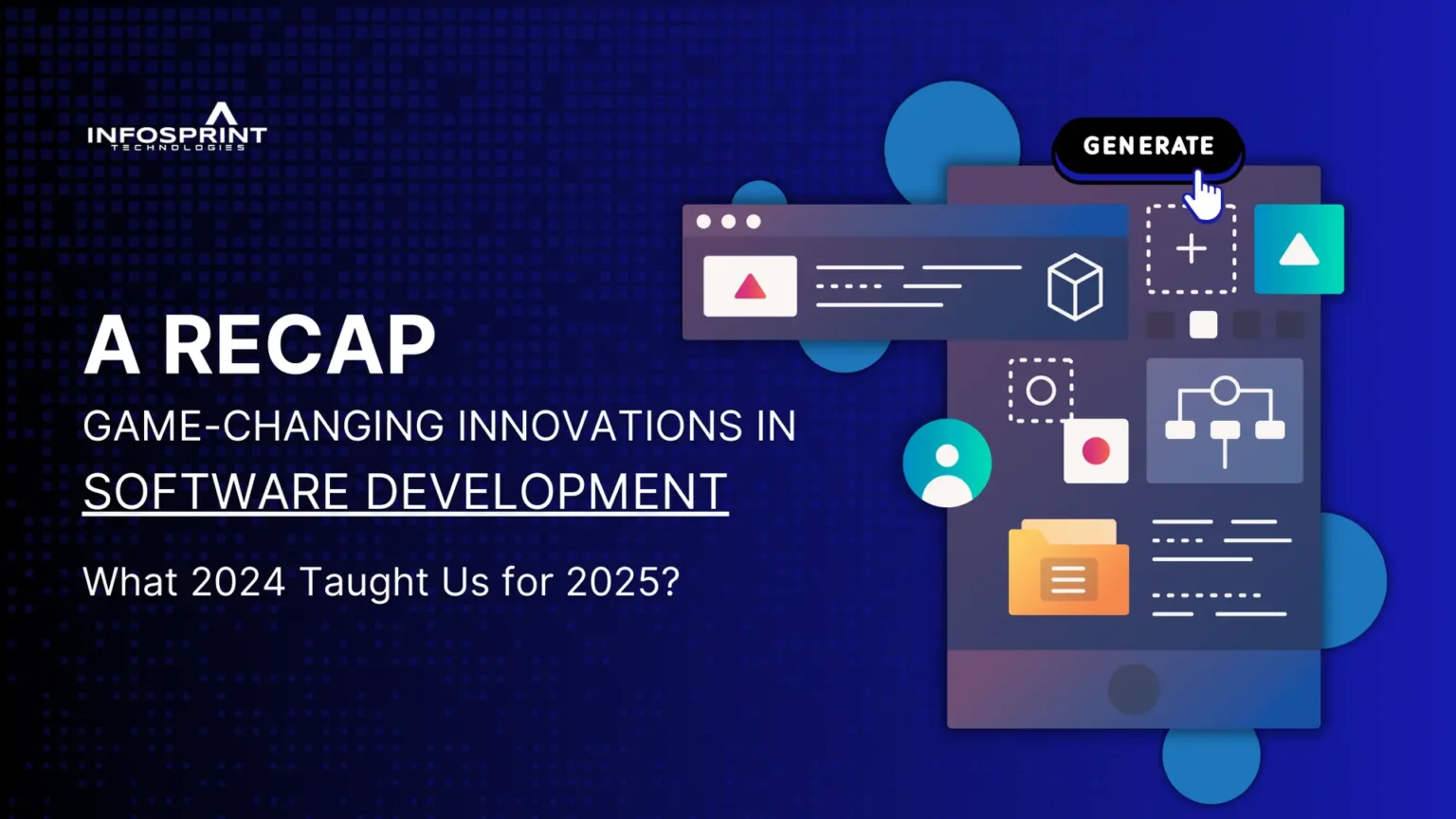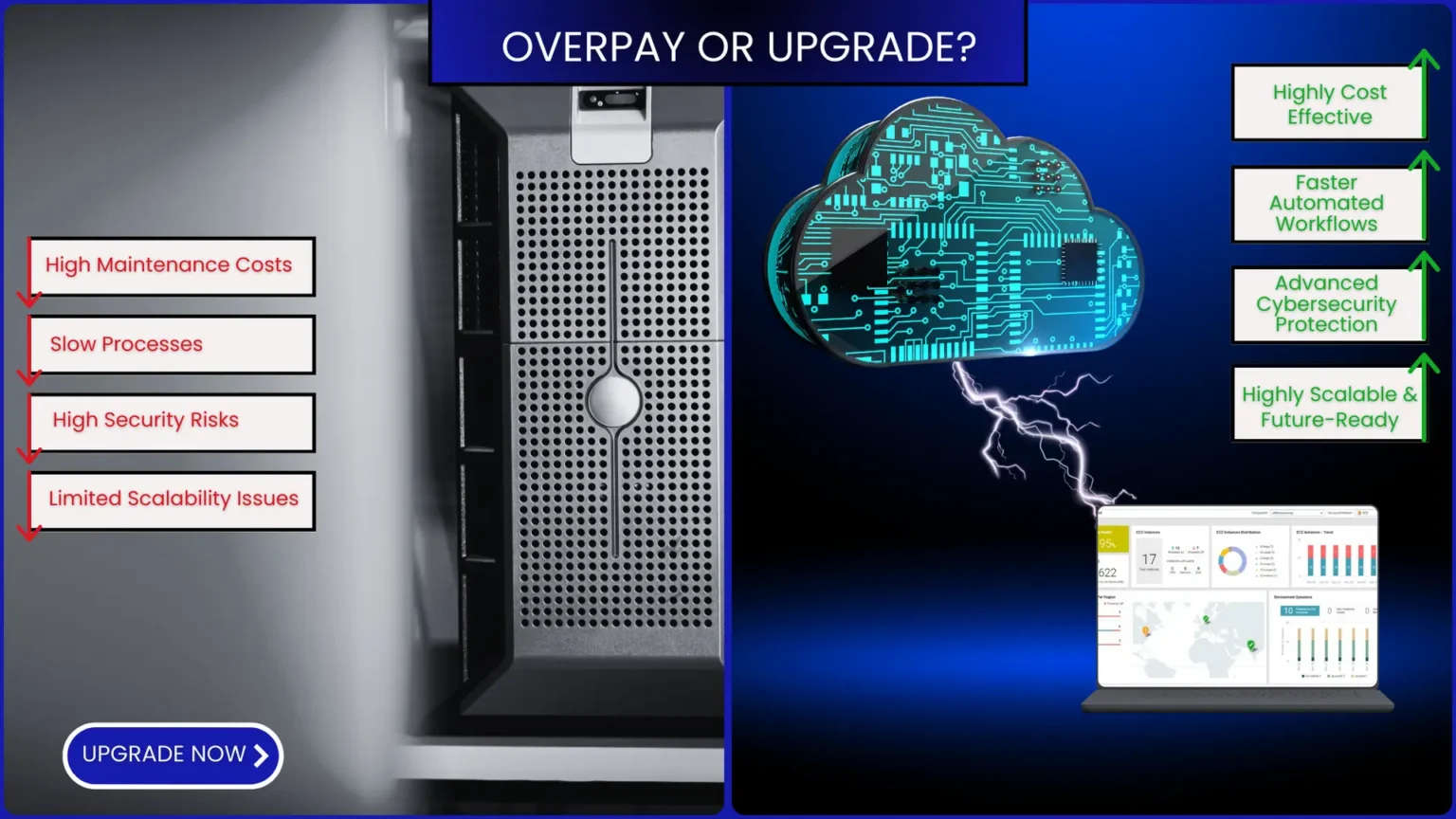Top 10 Tech Skills Every Organization Must Hire For by 2026

On this Page
- Why Workforce Transformation Is Now a Business Imperative
- Upskill, Reskill, or Replace? Choosing the Right Workforce Strategy
- Business Impact of Upskilling and Reskilling
- Real-World Case Studies: How Leading Companies Do It
- A Blueprint for Implementing Workforce Transformation
- The Role of Staffing Partners in Workforce Evolution
- The Companies That Invest in People Will Win the Future
“The future belongs to those who prepare for it today.” – Malcolm X
The tech world isn’t just evolving, it’s exploding. AI, cloud, cybersecurity, and automation are reshaping IT at a pace that exceeds the capabilities of most teams. For staffing firms, this rapid shift isn’t just a challenge; it’s a defining moment.
Gartner predicts that by 2026, 80% of digital roles will require skills that most teams are not currently hiring for.
That means your team will soon face talent gaps that can derail projects, delay innovation, or spike security risks, unless you’re already building future-ready pipelines. The 2020 approach of reactively filling roles no longer works. IT Staffing solution firms must shift from resume matching to skills forecasting, and it begins with understanding what’s coming next.
At Infosprint Technologies, an IT service company, we help businesses close the IT skills gap before it impacts delivery. Our extensive research has identified the 10 most in-demand tech skills for 2026, backed by our real-world trends and actionable insights.
In today’s competitive landscape, securing top talent with the right skills is critical to staying ahead. If you’re wondering how to approach the hiring process for these emerging roles, check out our detailed video guide on how to hire for emerging tech roles.
Top 10 In-Demand Tech Skills for 2026
Hiring the right IT professionals is more critical than ever, as a misstep can lead to project delays, security vulnerabilities, and significant financial setbacks. In the rapidly evolving tech landscape of 2026, understanding which skills are paramount will be key to building resilient and innovative teams. These are the top ten tech skills in demand that organizations should consider for successful IT staffing.
1. Cloud Computing & Multi-Cloud Management
Cloud computing has emerged as the digital foundation for every modern business. But in 2026, it’s not just about moving to the cloud—it’s about managing multi–cloud and hybrid environments efficiently.
In-Demand Cloud Skills for Recruiters:
- Cloud architecture design and migration (AWS, Azure, GCP)
- Kubernetes and Docker containerization
- Cloud security, governance, and cost optimization
Why It Matters:
Nearly all digital-first businesses now operate on the cloud. IT staffing firms must identify candidates who can architect, manage, and optimize cloud infrastructure across providers. Cloud-native application development is central to digital transformation, and multi-cloud engineers will be critical hires for organizations aiming for scalability, redundancy, and vendor independence.
Cloud-native technologies are evolving rapidly—just look at the top cloud technologies for 2025 and the rising demand they signal
Bonus Tip: Prioritize certifications such as AWS Certified Solutions Architect, Azure Administrator Associate, and Google Professional Cloud Architect in candidate profiles.
2. Artificial Intelligence (AI) and Machine Learning (ML)
AI is no longer futuristic—it’s foundational to today’s operations across healthcare, banking, manufacturing, and retail. From AI model training to prompt engineering for large language models (LLMs), such as ChatGPT, enterprises are scaling their teams with advanced AI capabilities.
Key AI/ML Skills to Hire For:
- Natural Language Processing (NLP)
- Machine learning pipeline development
- AI model deployment using TensorFlow, PyTorch
- Prompt engineering and LLM fine-tuning
Technical Recruitment Strategies:
Evaluate hands-on experience using project portfolios, coding tests, or platforms like HackerRank. Look for candidates who understand the ethical implications of AI and can build responsible systems.
Why It Matters:
AI-powered automation is now part of everyday business, from chatbots to fraud detection. Businesses require AI engineers, data scientists, and ML Ops professionals who can effectively build and scale AI models.
3. Cybersecurity and Risk Management
With cybercrime projected to cost $10.5 trillion globally by 2025, cybersecurity recruitment is a top priority for enterprises. The risks are no longer theoretical—ransomware, phishing, and data breaches are a daily threat.
Most In-Demand Cybersecurity Skills:
- Ethical hacking/penetration testing
- Threat modeling and incident response
- Familiarity with compliance frameworks: NIST, GDPR, ISO 27001
Why It Matters:
Security-first hiring is a must. Whether it’s cloud security, endpoint protection, or compliance management, staffing firms must build a talent pipeline with a defensive mindset. Recruiters should verify certifications like CEH, CISSP, or CompTIA Security+ to validate expertise.
Staffing Insight: Professionals with hands-on experience responding to real incidents often outshine those with just academic credentials.
4. DevOps and Automation
DevOps continues to revolutionize how software is built, deployed, and maintained. In 2026, hiring DevOps talent will center around automation, observability, and collaborative delivery pipelines.
DevOps Skills in High Demand:
- CI/CD using Jenkins, GitLab, GitHub Actions
- Infrastructure as Code (IaC) with Terraform or Ansible
- Monitoring and observability (Prometheus, Grafana)
Why It Matters:
DevOps isn’t just a set of tools—it’s a culture. Recruiters should seek talent that balances technical acumen with soft skills, such as collaboration, proactivity, and ownership. These professionals help bridge the gaps between development and operations, enabling faster and more secure releases.
Hiring Tip: Candidates with a combination of SRE (Site Reliability Engineering) and DevOps backgrounds are increasingly preferred for roles focused on scalability and uptime.

5. Data Engineering and Analytics
Data powers AI, and AI is driving business growth. The need for data engineers who can clean, transform, and organize the vast amounts of data that enterprises are gathering is growing.
Top Tech Skills 2026 in Data:
- ETL pipelines with Python, Spark, Airflow
- Data warehousing platforms (Snowflake, BigQuery)
- Data visualization (Power BI, Tableau)
Why It Matters:
Clean, reliable data is essential for AI, reporting, and forecasting. Tech staffing professionals should source candidates with experience in data governance, schema design, and performance tuning.
Staffing Insight: SQL is still king; to find the best candidates, combine it with knowledge of Python and cloud-native analytics tools.
6. Low-Code/No-Code Development
Low-code is democratizing application development. As businesses seek to deliver faster without full-code teams, the hiring of low-code developers is accelerating.
Skills to Look For:
- Certification in platforms like Microsoft Power Platform, OutSystems, and Mendix
- Integration experience with databases and legacy systems
- DevSecOps compliance and low-code governance
Why It Matters:
Low-code platforms enable rapid prototyping, app development, and workflow automation—often by non-developers. But as low-code becomes enterprise-grade, IT recruiters must assess not just development skills but also platform governance, security protocols, and scalability concerns.
Pro Tip: Learn how to screen for citizen developer roles and coach hiring managers on realistic expectations from low-code talent.
7. Edge Computing and IoT
As data generation shifts to the edge—whether in factories, vehicles, or wearable devices—so does processing. Edge computing and IoT skills are essential for companies operating in logistics, smart cities, and retail tech.
Must-Have Skills:
- IoT security protocols
- Real-time analytics (Apache Flink, Kafka)
- Experience in edge computing frameworks (Fog/5G enablement)
Why It Matters:
Data processed closer to where it’s generated reduces latency and bandwidth usage. Staffing firms must source engineers familiar with embedded systems, real-time OS, and device-level development.
Staffing Insight: These roles are niche, targeting communities such as GitHub, IoT hackathons, or specialized forums for sourcing.
8. Quantum Computing Foundations
Once purely academic, quantum computing is becoming commercial. In 2026, quantum skills are still rare but increasingly valuable, especially in sectors such as pharmaceuticals, finance, and national defense.
Future-Ready Quantum Skills:
- Programming with Qiskit (IBM) or Cirq (Google)
- Understanding of quantum gates and entanglement
- Quantum-resistant cryptography and security
Why It Matters:
While production-level quantum computing is still years away, companies are already hiring talent with a quantum foundation to experiment and innovate.
Quantum computing will soon revolutionize the delivery of cloud services, and IT teams must prepare now for the convergence of quantum and cloud technologies.
Staffing Strategy: Collaborate with academic institutions, research labs, and postdoc networks to identify top quantum talent.
9. Blockchain and Decentralized Systems
Blockchain technology has evolved far beyond crypto—it now powers smart contracts, supply chain traceability, and even healthcare records.
Blockchain Skills to Prioritize:
- Solidity and smart contract development
- Web3 integrations (Metamask, Chainlink, IPFS)
- Understanding of DeFi, NFTs, and tokenomics
Why It Matters:
Enterprises want blockchain engineers to build secure, scalable, decentralized apps. As Web3 and DeFi mature, blockchain hiring becomes highly competitive. Staffing firms that understand the nuances of distributed systems will gain a critical edge.
Tip for Recruiters: Blockchain engineers often prefer freelance or DAO-based work. Engage them through developer communities, hackathons, and GitHub contributions.
10. Soft Skills + Tech Fluency
These days, even the most technical roles need a human touch. As hybrid and remote jobs become more common, it’s essential for tech talent to not only be fluent in coding but also to connect well with others. After all, great teamwork and communication are just as important as technical skills!
Most In-Demand Soft Skills:
- Adaptability in fast-changing tech environments
- Cross-functional collaboration with product and business teams
- Problem-solving in agile, remote-first settings
Why It Matters:
Remote tech talent acquisition has brought soft skills to the forefront. Candidates must communicate clearly across time zones, work asynchronously, and take initiative.
Staffing Recommendation: Develop tech upskilling programs for recruiters to better assess non-technical competencies via behavioral interviews, culture-fit assessments, and async task simulations.
Final Thoughts: Preparing for Tech Hiring in 2026
The future of tech staffing goes beyond simply knowing what to hire; it also involves understanding why, when, and how to find the right talent. As business priorities change and new technology appears, staffing professionals must align with the key tech skills expected to be in demand by 2026 to stay competitive.
This can be achieved by focusing on technical recruitment strategies that emphasize cloud computing, artificial intelligence (AI), cybersecurity, automation, and other emerging technologies.
Organizations that prioritize future-ready skills can –
- Reduce time-to-hire and training costs
- Avoid delivery delays and burnout
- Build future-ready teams for clients
- Gain competitive advantage in an evolving landscape
Whether you’re a tech leader, a hiring manager, or an enterprise recruiter, the message is clear: the time to align your talent strategy with 2026’s most in-demand tech skills is now.
Ready to align your hiring strategy with 2026 tech trends? Talk to our IT staffing experts today.
Realted Posts

RPA automation strategies: Why RPA is essential for business growth in 2025

2024 Most Influenced Software Development Technologies: A Detailed Recap




